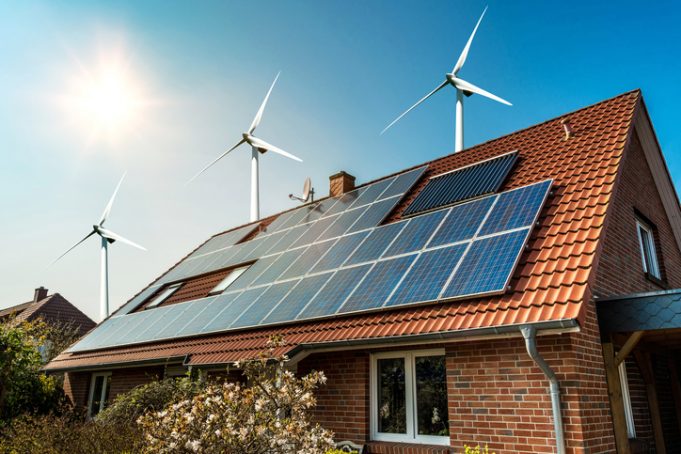Reductions in public investment in energy efficient homes could affect hundreds of thousands of people during cold winters, according to a new report from energy think tank E3G reported on by the BBC.
E3G, an independent organisation that aims to speed up the transition from fossil fuels to green, renewable sources of energy, believes that the government needs to make further investment in warm homes a major priority.
According to the report, public investment in energy efficient, warm homes in England has been reduced by a significant amount over the past decade. The report data shows that Scotland now spends around four times as much as England on energy efficiency, on a per-citizen basis.
While Scotland’s cooler climate makes its increased amount of spending warm homes easy to understand, reduced investment on building new warm, energy efficient homes in England, or on upgrading existing homes, could have significant consequences.
The report states that England ranks second to last out of 30 European in the number of deaths caused by factors related to cold weather. Over the last five years, an average of 32,000 excess winter deaths occurred in the UK — significantly higher than in most European countries.
Of these, approximately 9,700 cold weather-related deaths are believed to be due to inadequate home heating for people living in “cold homes.”
Several factors have contributed to a reduction in investment in green homes technology. Over the last decade, previous governments implemented policies aimed at reducing the total cost of energy efficiency programmes, many of which included cuts to programmes aimed at promoting renewable energy and heating solutions for UK homeowners.
Under the previous government, the obligation for UK energy suppliers to provide improvements in energy efficiency was reduced by 50 per cent.
Many of these decisions were made as part of an effort to lower energy costs for UK residential energy consumers. However, due to increases in energy prices, many UK homeowners pay just as much — or, in some cases, even more — to heat their homes as they did before.
Pedro Guertler or E3G notes that many of the savings on energy bills achieved in the short term as a result of policies implemented by the Cameron government were “cancelled out by energy price increases.”
E3G’s statistics also show that England spends the least of any country in the UK on residential property insulation, spending approximately half as much on a per-person basis as Wales and a third or less as much as Northern Ireland.
In addition to increasing investment in renewable energy technology for both residential energy user and industry, England could potentially benefit from insulting a greater number of people’s homes.
The E3G report states that money set aside for HS2 — a planned high-speed railway linking the UK’s major population centres — could be better spent insulating residential dwellings to reduce the negative health and environmental impact of cold homes.
This, according E3G, could potentially help make homes warmer while reducing energy usage and lowering bills for consumers.
Despite this, the government has indicated it’s hesitant to increase investment in renewables and low-carbon energy sources, noting recently that there will be no new subsidies for green power projects until 2025.














